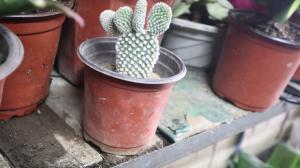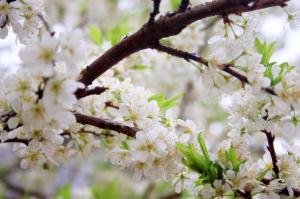Can the Aloe Plant Survive in Only Water?
Aloe vera plants are succulents that are known for their medicinal and aesthetic benefits. They are often grown in pots and require minimal care. However, a common question among aloe vera growers is whether the plant can survive in only water. In this article, we will explore the answer to this question and provide some tips for growing a healthy aloe vera plant.
Can the Aloe Vera Plant Survive Without Soil?
While aloe plants do not necessarily need soil to survive, they do require some sort of growing medium to anchor their roots and allow for adequate water drainage. In fact, growing an aloe plant in only water can be detrimental to its health as it can lead to root rot and ultimately kill the plant.
Therefore, it is recommended that aloe vera be grown in a well-draining potting mix that is specifically designed for succulent plants. This type of soil allows water to flow through easily while still retaining some moisture to keep the roots hydrated.
Watering Tips for Aloe Vera Plants
When it comes to watering an aloe vera plant, it is important to strike a balance between providing enough water to keep it hydrated and avoiding overwatering that could lead to root rot. One way to achieve this balance is to water the plant thoroughly and then allow the soil to dry out completely before watering again.
Another way to ensure your aloe plant receives enough water is to let the pot sit in a tray of water for about 10-15 minutes once a month. This allows the plant to absorb the water it needs without risking overwatering.
Factors that Affect the Growth of Aloe Vera Plants
Aside from proper watering, there are other factors to consider when growing a healthy aloe vera plant. These include:
Light: Aloe plants require bright, indirect sunlight to grow properly. Too much direct sunlight can cause the leaves to become scorched while too little light can result in stunted growth.
Temperature: A temperature range of 60-75°F is ideal for aloe vera plants. During the winter months, it is recommended to keep the plant away from cold drafts and heaters.
Fertilizer: Aloe vera plants do not require frequent fertilization, but it can be beneficial to use a succulent-specific fertilizer once every 3-4 months during the growing season.
Conclusion
While it may be possible for an aloe vera plant to survive in only water, it is not recommended as it can lead to detrimental effects on the plant's health. To grow a healthy aloe vera plant, it is important to use a well-draining potting mix and provide adequate water while avoiding overwatering. Additionally, factors like light, temperature, and fertilization should be considered to ensure optimal growth and health.

 how many times do yo...
how many times do yo... how many planted tre...
how many planted tre... how many pine trees ...
how many pine trees ... how many pecan trees...
how many pecan trees... how many plants comp...
how many plants comp... how many plants can ...
how many plants can ... how many plants and ...
how many plants and ... how many pepper plan...
how many pepper plan...





























